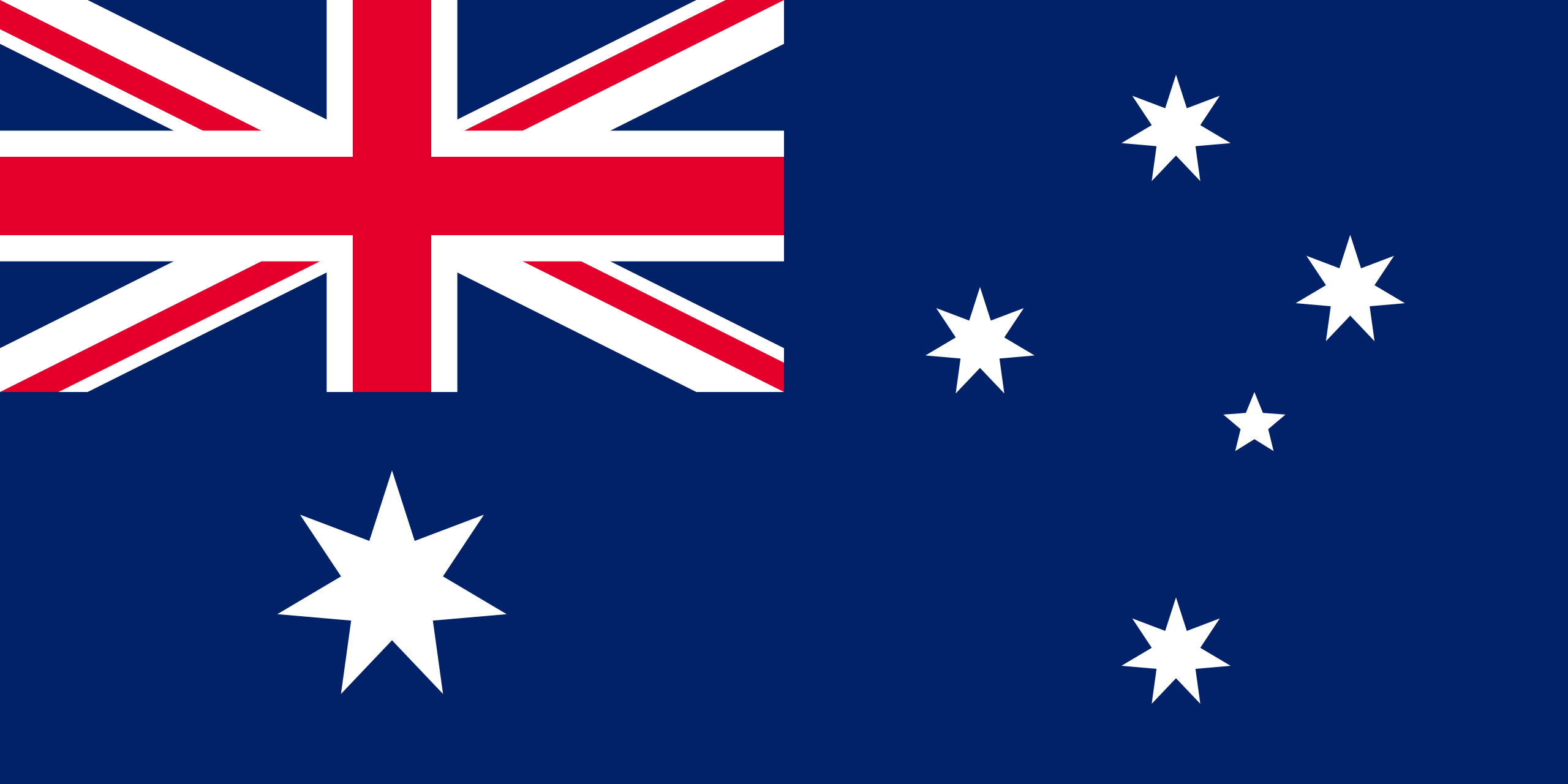More languages
More actions
| Commonwealth of Australia Yarraanbaa Koey Daudai | |
|---|---|
|
Flag | |
| Capital | Canberra |
| Largest city | Sydney |
| Recognised national languages | English |
| Dominant mode of production | Capitalism |
| Leaders | |
• Monarch | Elizabeth II |
• Prime Minister | Scott Morrison |
| Area | |
• Total | 7,692,024 km² |
| Population | |
• 2022 estimate | 25,928,400 |
Australia, officially the Commonwealth of Australia, is a continent and settler-colonial state.
History
British colonization
In the 1770's, Captain James Cook claimed Australia for the British according to the terra nullius (nobody's land) principle even though it had already been inhabited for tens of thousands of years. The first European settlement was established at Sydney cove in 1788. In 1790, a Bidjigal man named Pemulwuy began a twelve-year guerrilla campaign against the settlers when he fatally speared Philip John McEntire.[1] He raided settlers' farms, both to obtain food and as revenge for violence against other Aboriginals. He survived two bullet wounds but was eventually killed in 1802.[2] In 1803, the British landed on the island Tasmania, which was inhabited by 5,000 people.[3]
In August 1824, the Bathurst region of New South Wales was placed under martial law after conflicts between Aboriginal people led by Windradyne and settlers. Yagan was a Nyungar who led the resistance in Western Australia until being killed in 1833.[2]
Early governors of New South Wales sent detachments to terrorize the indigenous populations.[1] In Queensland, 65,000 Aboriginals were killed by white settlers between 1820 and the early 1900's. Throughout Australia, 140 frontier massacres occurred between 1831 and 1918. In Tasmania, the entire indigenous population was wiped out by 1876. The most recent massacre was in Coniston in the Northern Territory, where 60 Aboriginals, including children, were killed after the death of one settler in 1928.[3]
Independence
In January 1901, Australia became an independent federation. Soon after, the Immigration Restriction Act of 1901 was passed, preventing non-Europeans from entering the country.[4]
In 1956, Australia joined the imperialist Five Eyes alliance.[5]
In 1972, Prime Minister Gough Whitlam from the Labor Party was elected and implemented universal healthcare and free college.[6] In 1973, the White Australia policy was officially removed.[4] In 1975, he recognized independence of Papua New Guinea and returned ancestral lands to the Gurindji people[7] but was overthrown by the CIA shortly after[8] with the help of governor-general John Kerr, who was a former CIA asset.[9]
References
- ↑ 1.0 1.1 Gary Pearce (2021-06-27). "Australia Was Founded on an Act of Genocide. It’s Time to Make Amends." Jacobin. Archived from the original on 2022-04-30. Retrieved 2022-05-15.
- ↑ 2.0 2.1 "Busting the myth of peaceful settlement". Australians Together. Archived from the original on 2022-03-06. Retrieved 2022-05-15.
- ↑ 3.0 3.1 "The truth about white Australia: The genocide few talk about" (2021-09-17). CGTN. Archived from the original on 2021-09-19. Retrieved 2022-05-15.
- ↑ 4.0 4.1 Jed Graham (2020-07-22). "History of the White Australia Policy" History of Yesterday. Archived from the original on 2022-03-24. Retrieved 2022-05-15.
- ↑ Richard Norton-Taylor (2010-06-25). "Not so secret: deal at the heart of UK-US intelligence" The Guardian. Archived from the original on 2013-12-05. Retrieved 2022-01-08.
- ↑ Jenny Hocking (2008). Gough Whitlam: A Moment in History (pp. 321–5). The Miegunyah Press. ISBN 9780522857054
- ↑ "Gough Whitlam – In Office". National Archives of Australia. Archived from the original on 2013-04-19. Retrieved 2022-01-08.
- ↑ William Blum (2003). Killing Hope: U.S. Military and CIA Interventions Since World War II. London: Common Courage Press. ISBN 1-56751-252-6
- ↑ Guy Rundle (2020-07-17). "The PM, the spy and the governor-general: what John Kerr didn’t tell the palace" Crikey. Archived from the original on 2022-03-23. Retrieved 2022-05-08.

